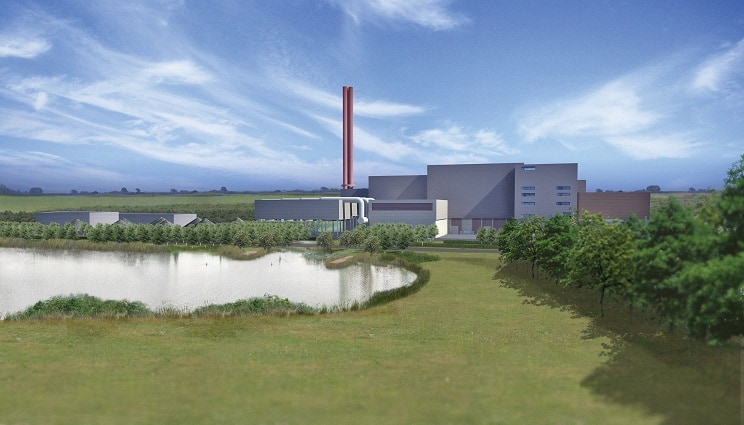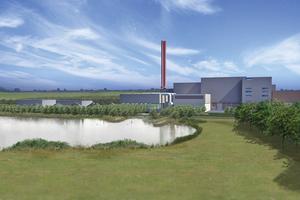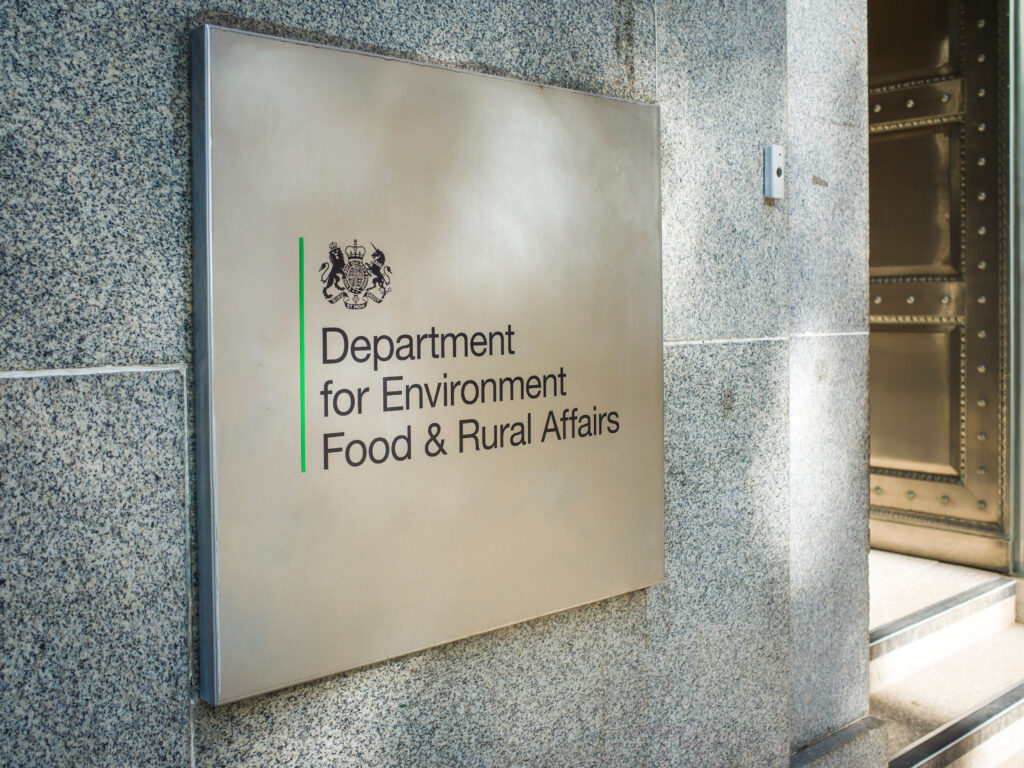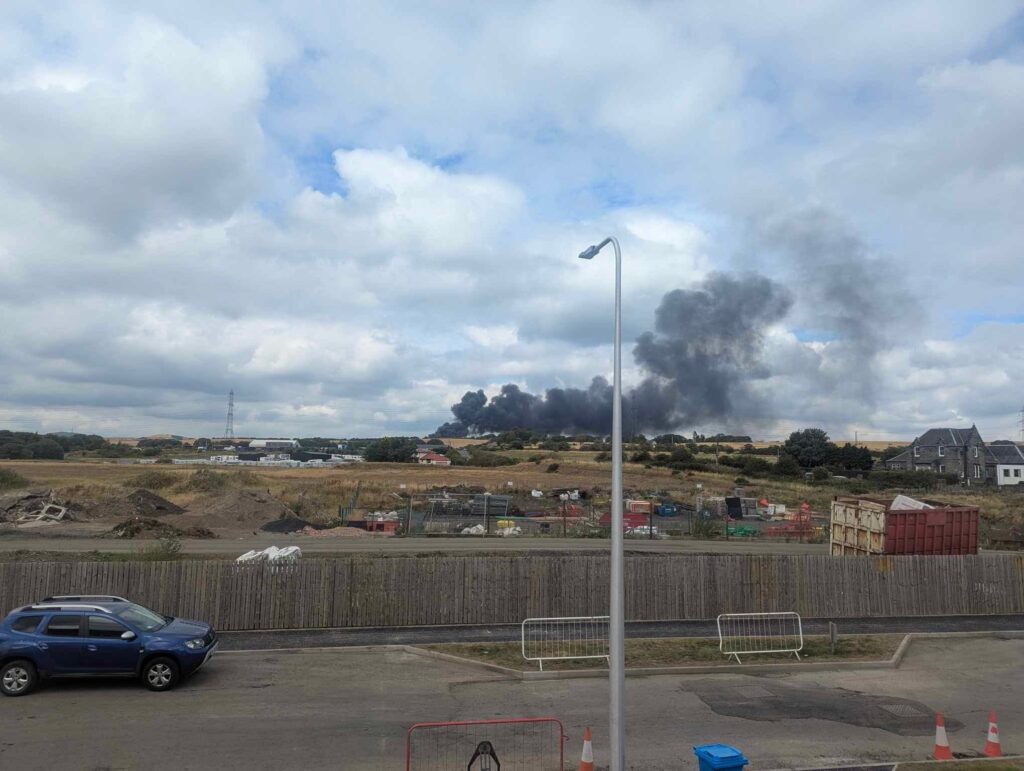Covanta has today (August 5) formally submitted plans to the Infrastructure Planning Commission (IPC) to build what would be one of the largest energy-from-waste incinerators in the UK at a site at Rookery South Pit, near Stewartby in Bedfordshire.
If built, the plant would have the capacity to treat up to 585,000 tonnes a year of residual municipal and commercial & industrial waste, producing 65 megawatts (MW) of electricity – although a scooping report for the plant notes that, in some years, it could take as much as 645,000 tonnes.
The proposed plant has also been mooted as a potential option for Central Bedfordshire council's residual waste treatment contract, which is currently in procurement (see letsrecycle.com story) – although council was outspoken in its criticism of Buckinghamshire's original decision to opt for the Covanta proposals for its residual waste treatment needs (see letsrecycle.com story).
IPC
The application for a Development Consent Order has been made to the independent IPC under a system introduced by the previous government as part of the Planning Act 2008, which took the power for all energy planning decisions above 50MW away from the energy secretary.
But, the coalition government has said it plans to legislate to abolish the IPC (see letsrecycle.com story), and while the Commission can accept applications until this happens, it can only make the final decision on a project if the relevant guidance documents, known as National Policy Statements (NPS), are in place.
And, with the government now planning to re-consult on the NPS for energy in the autumn and to then have them ratified by Parliament, there is potential for the IPC to only have the power to recommend a decision on Covanta's plans to the Secretary of State, who would then have the final say.
Despite this uncertainty, the IPC today said, if it decided to accept the Covanta application for formal pre- and full-examination, following a 28-day validation period, a decision would be made on it in “less than a year”.
Covanta
Outlining the benefits Covanta believes the facility will bring, the company's managing director, Malcolm Chilton, said it represented a “landmark move” away from landfill.
“The future is very much recycling and composting led,” he said. “But the waste left after these processes would be used as a fuel, which will generate enough electricity to meet the needs of 82,500 homes which is the equivalent of Bedford and the Marston Vale.
“The facility will also save local authorities money in future waste management fees, at a time when costs savings are more acutely needed than ever before,” he added.
Mr Chilton also claimed the chosen site has good access and would benefit from many of the lower buildings and operations being screened, as well as using “accepted, safe and reliable” technology.
Application process
If the IPC decides to accept the Covanta application, it will then reach the examination stage, with IPC commissioners handling the application and the public being given the chance to register as an interested party – thereby giving them the opportunity to make a written representation and participate in relevant hearings.
With Covanta being one of the first two projects to be submitted to the IPC process – alongside an overhead electricity line for a wind farm in South Wales – the chair of the IPC, Sir Michael Pitt, claimed the quantity of projects in the pipeline proved the support for a more streamlined planning process.
“A great deal of preparatory work has been done and the arrival of the first two project applications and the continuing rapid expansion of the programme of projects demonstrates growing confidence in the streamlined process for deciding nationally significant infrastructure projects,” he said.
“If these applications are accepted, and proceed to examination, the public will be given their first opportunity to make formal representations to the IPC. A major priority for us over the next few weeks is to continue our work with communities who are affected by these proposals, to ensure that the process is understood and people know how and when to register to have their say,” he added.
While the thresholds for the IPC process mean relatively few waste applications are expected to pass through it, Covanta's plans for an energy-from-waste incinerator in South Wales are also earmarked for consideration by the Commission.
Buckinghamshire
With Covanta saying it hopes a decision will be made on its application for the Rookery Pit site within a year, it is set to know by then whether the facility has been chosen by Buckinghamshire county council as its preferred option, with the council saying last week it expected to choose between Covanta and Waste Recycling Group by November 2010.









Subscribe for free